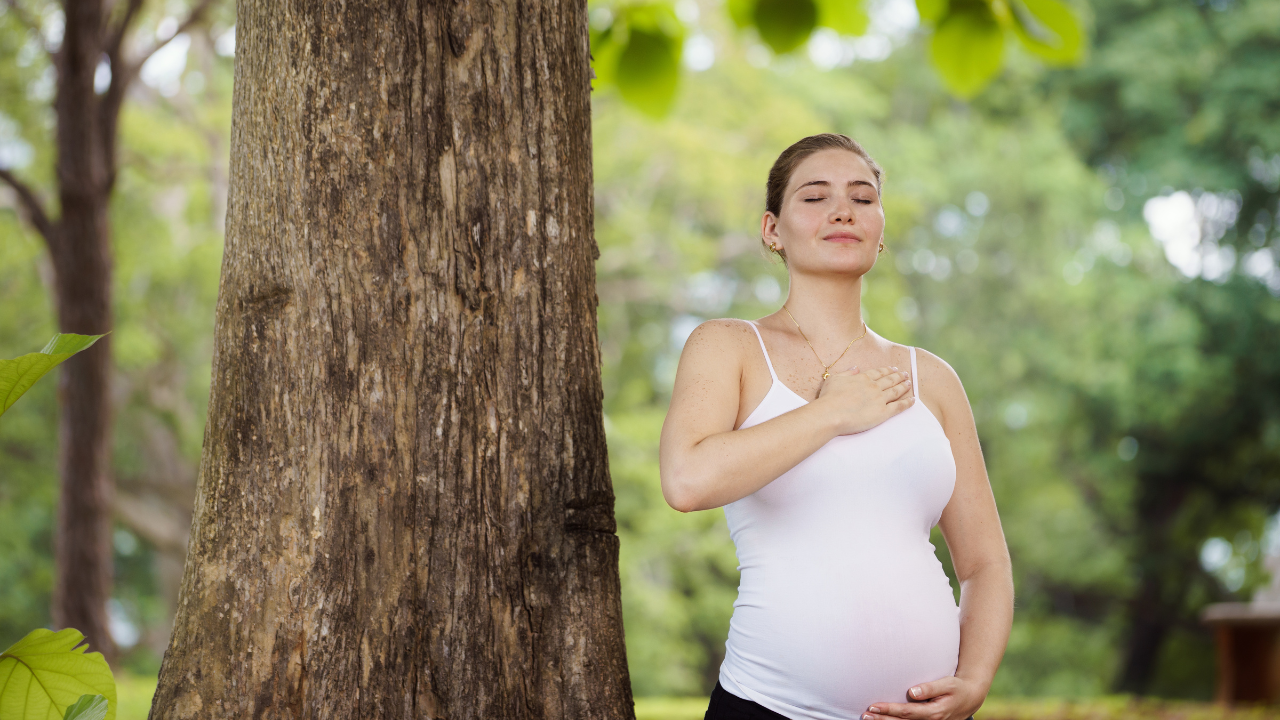Birth—A Sacred Rite of Passage
Jan 17, 2023
by Stephanie Larson
Birth is a sacred rite of passage that marks the beginning of a new life—the new life we begin as a parent of this baby. It’s a powerful and transformative experience that connects us to the cycles of nature and the phenomenon of creation. The act of giving birth is not only physical, but also emotional and spiritual. It requires fortitude and self-awareness on a new level. It can bring us to a profound place of self-discovery and depth. Birth is a momentous occasion that is celebrated and honored in many cultures around the world.
The process of birth is a natural and instinctual one. It goes back thousands of years and our bodies are uniquely designed for it. However, the modern medical system has often treated birth as a medical event rather than a sacred one. This has led to a disconnection from the natural process of birth, and from the sacredness of birth. It has resulted in many people feeling disempowered and unsupported during the very time they need to feel more connection, more confidence, and more support.
The journey through labor and birth is one that requires strength, courage, and determination. It is a time when we must call upon all of our inner resources to do something amazing and often challenging. It’s a transformative experience that will change us in profound ways. The support and care that we receive during pregnancy and birth is vitally important. We remember our birth stories and how we were treated forever. It’s essential to feel safe, respected, and powerful. To reclaim birth as sacred we must be very intentional about who is present at our birth, where we choose to give birth, and how we give birth.
Many cultures around the world have traditional rituals and ceremonies that are performed to mark pregnancy, the birth of a new child, and becoming a parent. These rituals often involve the community and serve to celebrate and honor the new baby, the birthing individual, and the family. These can include blessings, naming ceremonies, song, dance, and even rituals that involve the placenta.
In many indigenous cultures, the placenta is considered to be a sacred object that is closely connected to the life of the baby. It is often buried in a special place or used in rituals that are meant to protect and bless the baby. This is a powerful reminder of the connection between the baby, the womb, the mother, the earth, and it serves as a symbol of the sacredness of birth.
If our present environment or culture doesn't celebrate pregnancy, birth, and parenthood on more than a surface level, we can take it upon ourselves to seek out meaningful ways to bring sacred awareness to our experience. We can go into nature and let its gifts soak in and nurture us. We can ask our elders to tell us their birth stories. We can trace our lineage, learn our origins, and discover our cultural traditions. We can create new traditions and new ways of celebrating. We can be together with other pregnant and new parents to talk, learn, laugh, cry, dance, and celebrate!
The sacredness of birth is evident in the way it connects us to the cycle of life. Birth is the beginning of new journeys, for ourselves as parents, and for our babies. It's a reminder that we are all connected to the earth and to each other. Birth is a time of deep emotions and profound change. It’s an opportunity to reflect on the beauty and wonder of creation, and to honor the miracle of a new baby. Birth is a sacred rite of passage that leads us to our next chapter. As we celebrate birth we are reminded of the interconnectedness of all life and the importance of cherishing and nurturing new beginnings.
Resource:






